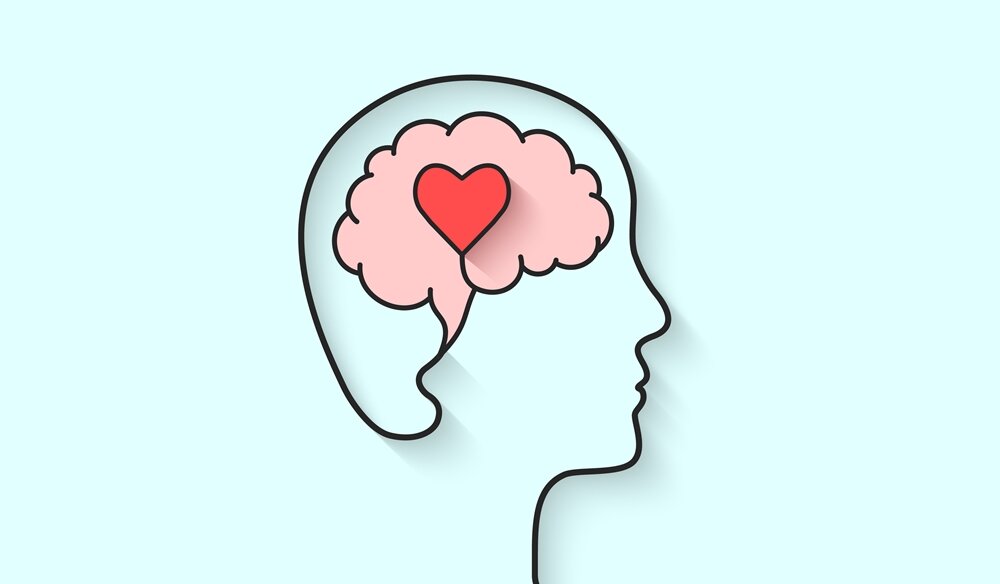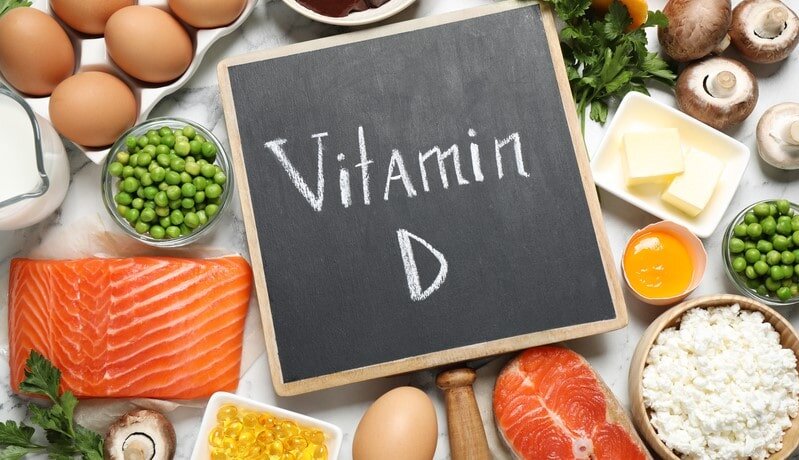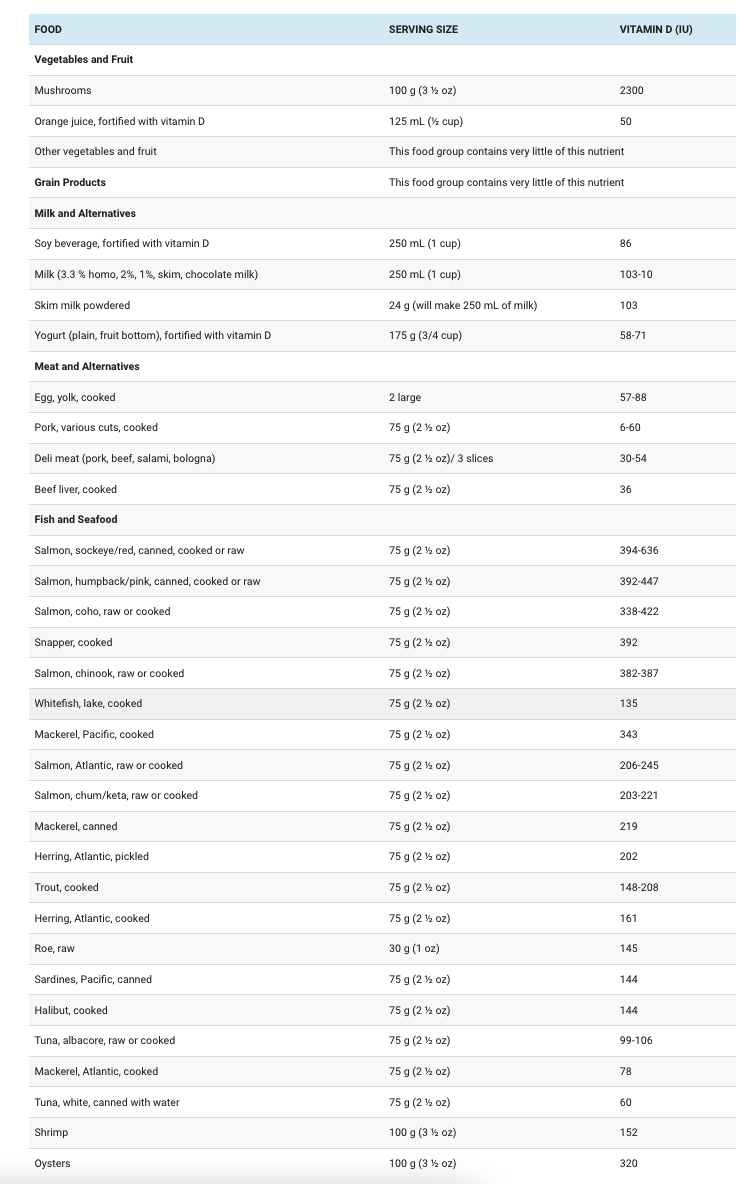What is Vitamin D?
Vitamin D is a hormone that controls calcium levels in the blood and helps build strong bones, regulates immune and muscle function, and contributes to overall health.
Vitamin D is essential for musculoskeletal health as it promotes calcium absorption from the bowel, enables mineralisation of newly formed osteoid tissue in bone, and plays an important role in muscle function.
A lack of vitamin D is very common. One survey in the UK showed that about 1 in 5 adults and about 1 in 5 children in the UK have low vitamin D levels. More people have low vitamin D levels in the winter and spring because of less exposure to sunlight.
Vitamin D Deficiency:
Minor vitamin D deficiency can present in some people wiyh general tiredness, vague aches and pains and a general sense of not being well.
At the more extreme end the main manifestation of vitamin D deficiency is osteomalacia in adults and rickets in children.
Less severe vitamin D deficiency, sometimes termed vitamin D insufficiency, may lead to secondary hyperparathyroidism, bone loss, muscle weakness, falls and fragility fractures in older people.
But there is recent and mounting evidence that links low levels of the vitamin to an increased risk of type 1 diabetes, muscle and bone pain, and, perhaps more serious, cancers of the breast, colon, prostate, ovaries, esophagus, and lymphatic system.
The Prevalence Of Vitamin D Deficiency in the UK
The hormone is naturally synthesised in the body through sun exposure, but long winter months and less time spent outdoors have contributed to alarmingly high vitamin D deficiency in pockets of the UK, with overall levels falling below the most conservative global recommendations.
Prevalence of vitamin D deficiency in the UK (Sutherland et.al, 2021)
-
57% of Asian people are Vitamin D deficient
-
30.8% of black people are Vitamin D deficient
-
17.5% of white people are Vitamin D deficient
The reason that people with darker skin are more at risk is that higher levels of melanin, which increases skin pigmentation, can lessen the skin’s ability to make vitamin D, But this, combined with spending more time indoors and consuming lower vitamin D-containing foods, can foster severe deficiency.
The picture above demonstrates the number of winter months where the sun’s UVB rays are low. This means that the winter sun produces lower levels of Vitamin D.

Vitamin D and Mental health:
Lower serum 25(OH)D levels are associated with an increased risk for depression, and depressive symptoms could be eased in people with very low levels of vitamin D through vitamin D supplementation.
Recently, researchers found that there is a slight link between vitamin D and depression; however, the link is not completely understood. Additionally, this link does not prove whether a low level of vitamin D causes depression or if depression causes a low level of vitamin D.
The only certainty is that the risk of depression may be further exacerbated by low serum levels of vitamin D.

How Can You Improve Your Vitamin D Levels?
Dietary:
Most foods contain very little vitamin D naturally. Foods that naturally contain vitamin D include:

Supplementation:
If you find it difficult to consume high vitamin D foods you could use a simple vitamin D supplement. Most vitamin D supplements are in the form of small tablets or capsules that range in strength from 1000iu to 5000iu.
Speak to your local pharmacist about the different options that are available to you.

How do I know if I’m Vitamin D deficient?
Your best option is to speak with your doctor or local pharmacist about having a blood test to determine your current levels of Vitamin D.
Seasonally your Vitamin D levels will fluctuate due to the amount of daily sunlight, so a test that you had in July, will likely be very different by November. So don’t hesitate to be tested more than once, especially if you are querying a seasonal deficiency.
References:
Geng, C., Shaikh, A.S., Han, W., Chen, D., Guo, Y. and Jiang, P., 2019. Vitamin D and depression: mechanisms, determination and application. Asia Pacific journal of clinical nutrition, 28(4), pp.689-694.
Sutherland, J.P., Zhou, A., Leach, M.J. and Hyppönen, E., 2021. Differences and determinants of vitamin D deficiency among UK biobank participants: A cross-ethnic and socioeconomic study. Clinical Nutrition, 40(5), pp.3436-3447.
Abrams, G.D., Feldman, D. and Safran, M.R., 2018. Effects of vitamin D on skeletal muscle and athletic performance. JAAOS-Journal of the American Academy of Orthopaedic Surgeons, 26(8), pp.278-285.






